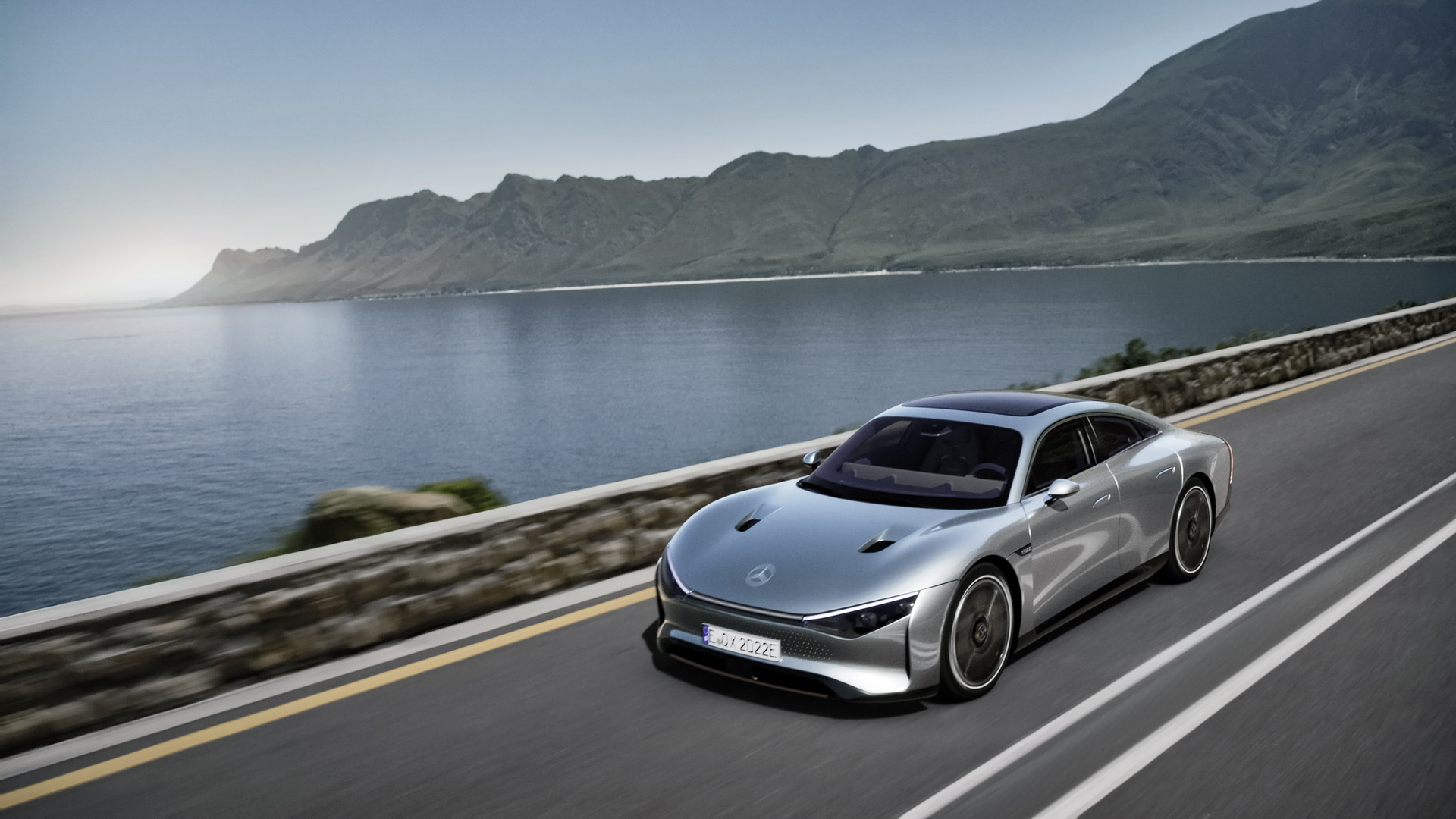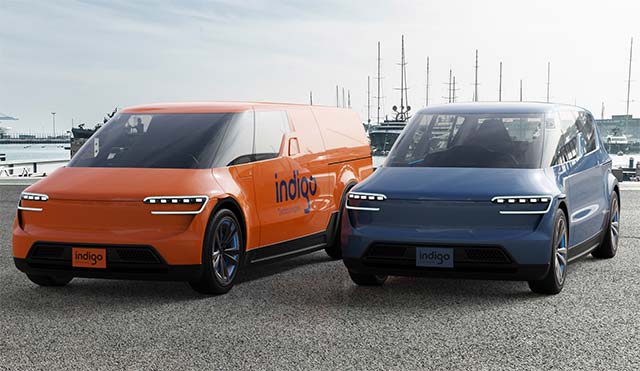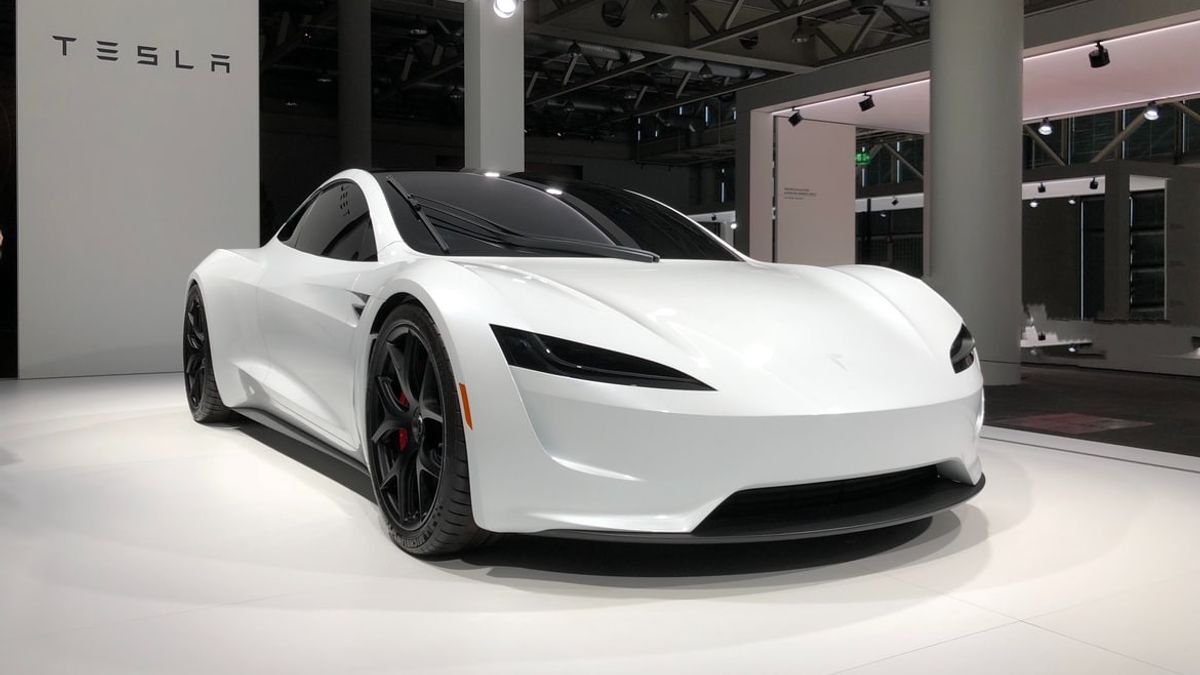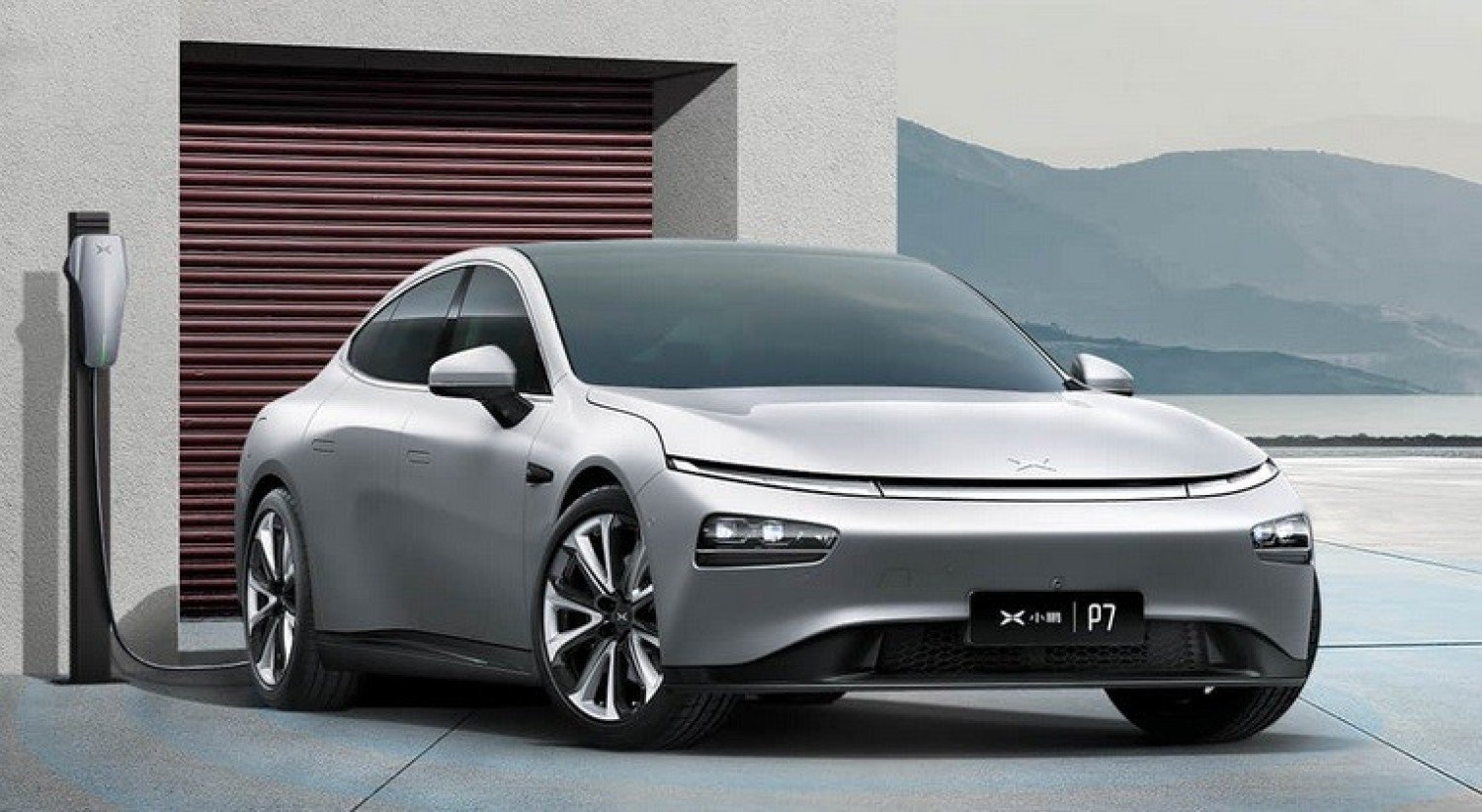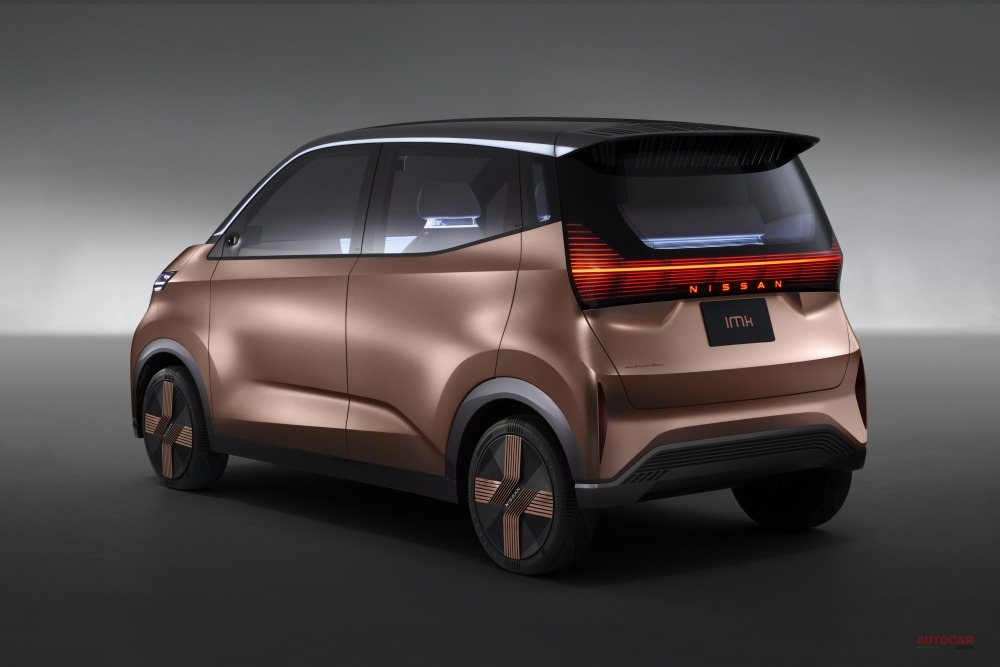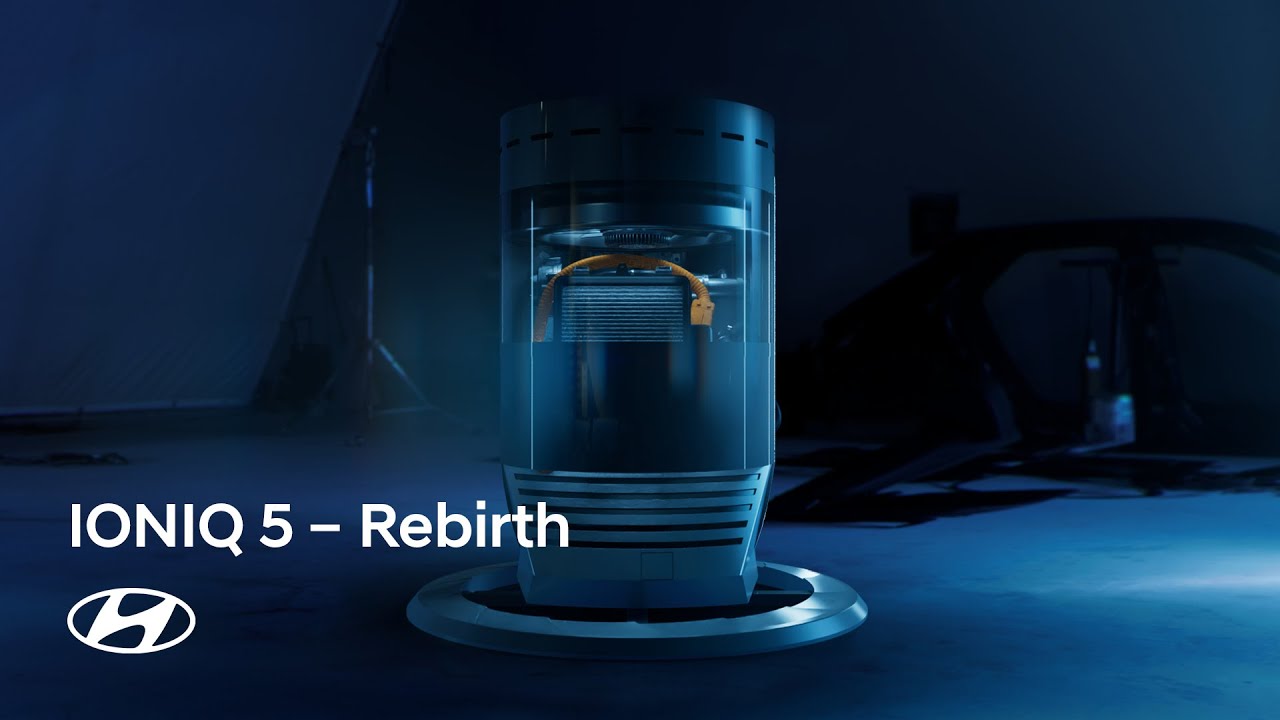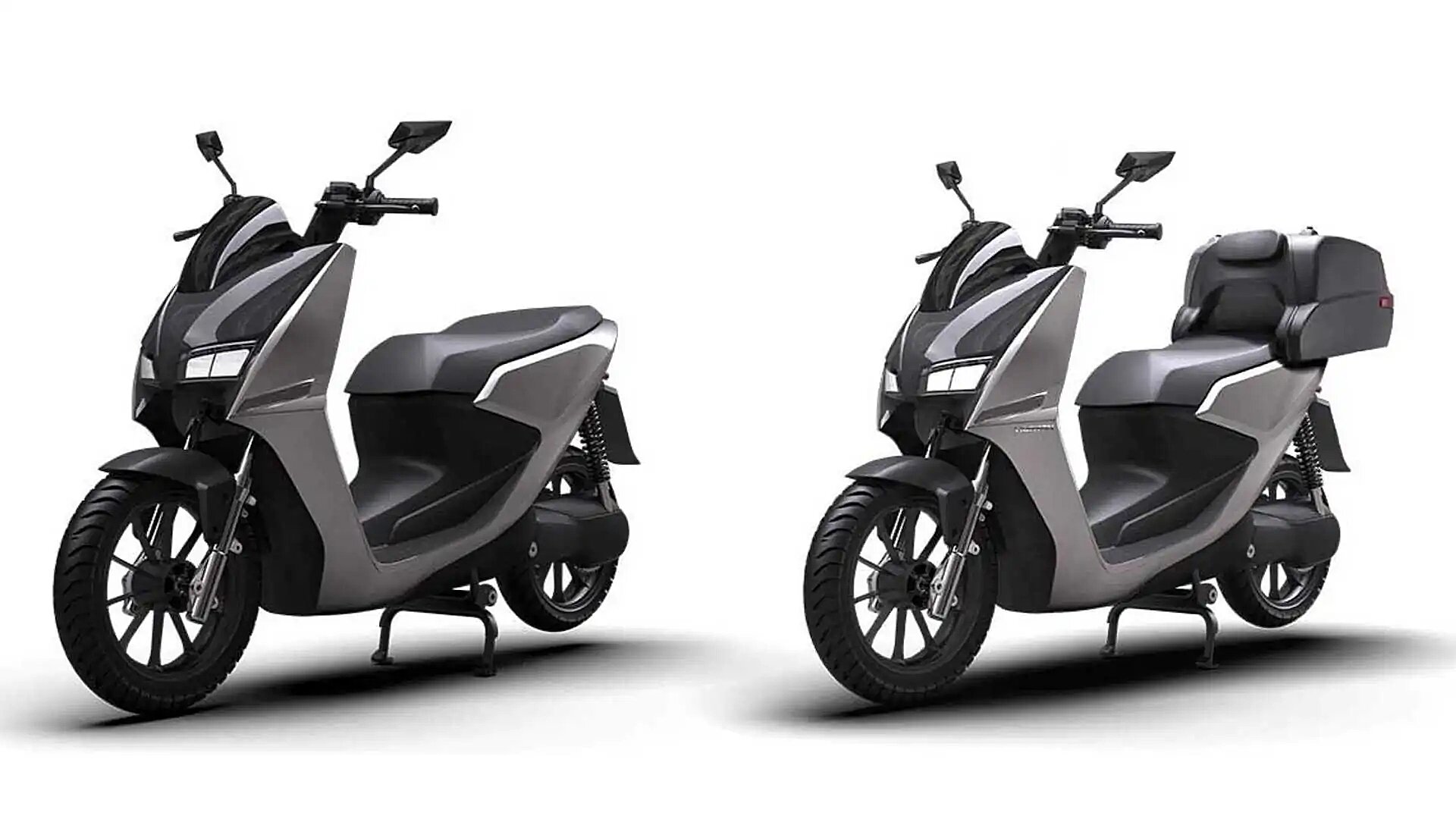Mercedes-Benz has just unveiled a battery-powered VISION EQXX prototype which is said to have a range of over 1,000 kilometers (km) per charge. This car is a big step for the German car manufacturer in an effort to fulfill its ambitions in the production of electric vehicles.
Daimler, which will be renamed Mercedes-Benz, have announced their plans in 2021 to invest more than 40 billion euros by 2030 to take on Tesla in the electric car market. This investment includes building eight battery factories around the world. Even starting in 2025, all of their new vehicle platforms will only make EVs.
The VISION EQXX, dubbed Mercedes-Benz as the most efficient electric car ever made. This car has an energy consumption of less than 10 kilowatt hours (kWh) per 100 km, said a source at Daimler, as quoted by Reuters. The car is claimed to be more efficient than the Tesla Model S 60 which currently consumes 18.1 kWh at the same distance, 100 km.
See also: Mercedes-Benz unveils VISION EQXX Concept, Has 1000 km range on a single charge
“The Mercedes-Benz VISION EQXX is how we envision the future of electric cars,” said Mercedes-Benz CEO Ola Kaellenius, quoted by Reuters.
Daimler will test the prototype before the middle of this year in various types of terrain, Chief Technology Officer (CTO) Markus Schaefer told the media Monday, December 3.
Some prototype components will be available in Mercedes-Benz vehicles in two to three years, Schaefer said. However, this CTO refused to specify when the car with a battery range of 1,000 km will be ready to be marketed.
“We will likely be the first to demonstrate a 1000 km range car in real life, with such a small battery,” said Schaefer.
When such a vehicle will go on sale is a “market decision” that will be determined once the automaker establishes what price range customers expect and how much they will offer, he said.
See also: Mercedes Recieves World’s First International Approval For Level 3 Autonomous Driving Tech
“This prototype car, built in 18 months, puts an end to all the anxiety,” said Mercedes-Benz, referring to one of the main barriers to why EVs haven’t been in demand.
This required the development of a new battery pack, which the company says will fit into a compact vehicle and whose energy density – measuring how much power a battery can hold compared to its size – is close to 400 watt hours per liter.
In addition, Mercedes-Benz has set new standards for range and electrical efficiency with the VISION EQXX. This prototype shows how efficient a car is but does not detract from the luxury and luxury of Benz’s electromobility.
This car is a champion in terms of efficiency which is partly due to the exterior design and aerodynamics, which achieves a benchmark drag coefficient of 0.17.
The irresistible bodywork takes the revolution further than the VISION EQXX which can demonstrate exactly what will be the standard for Mercedes-Benz in producing electric cars in the future, with a lightweight design, battery innovation and new materials.

